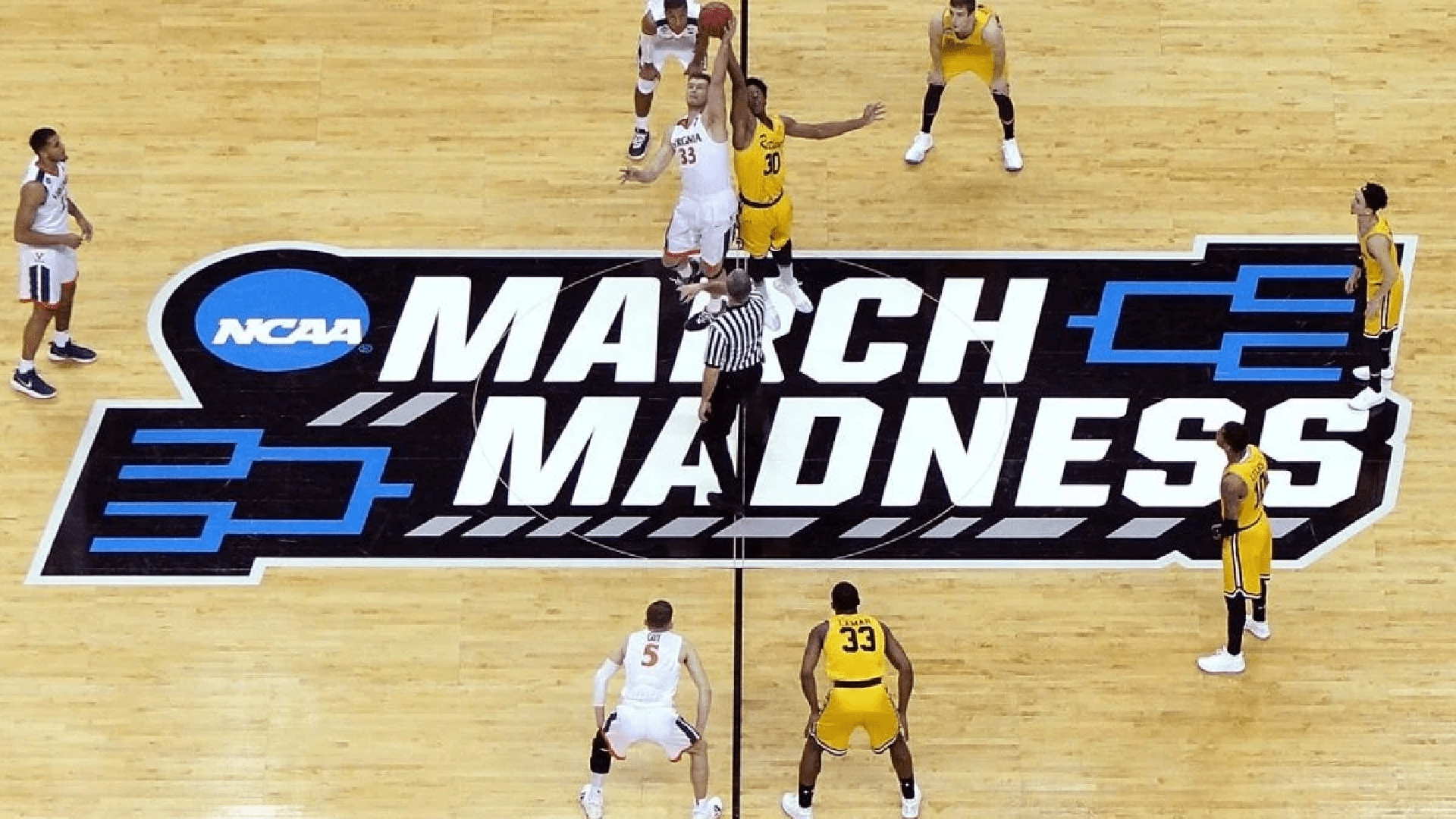Las Vegas to Get Waymo Robotaxis
Waymo revealed that it will make its debut in Las Vegas the following summer. Currently, LA, San F..

Although most American adults support legislation permitting betting on professional sports, a similar proportion is against wagering on college sports in their states.
This is based on a recent survey conducted by The Associated Press-NORC Center for Public Affairs Research. Among those polled, 58% expressed support for states permitting regulated betting on professional sports, while 55% are against the same regulations for college sports betting. The survey took place from February 6-10, prior to the NCAA men's and women's college basketball championships. The men's tournament is each year one of the most heavily bet events in the US.
"Fifty-six percent of all adults think entering a March Madness bracket for money is gambling, 21% say it is not, and 22% think it depends on the amount of money involved,” according to the poll.
Approximately one-third of individuals engaging in March Madness brackets mention bragging rights or the chance to win money as their motivations for participation, while 20% indicated they join in to show school spirit or just to follow the crowd.
Following the well-known 2018 Supreme Court decision regarding the Professional and Amateur Sports Protection Act (PASPA), various states have implemented different laws related to betting on college sports.
Certain states impose no limitations, whereas others prohibit wagering on college sports events occurring within that state. Some permit wagering on college sports, but exclude teams from that state, irrespective of the game's location.
The domain where college betting regulations have recently gained traction is player proposition (prop) bets. Certain states have prohibited those bets to protect athlete safety and uphold integrity. There is validity to the previous assertion, as data suggests that spurned gamblers have directed their anger at certain athletes on social media after losing bets, even issuing threats — a troubling behavior that also affects professional sports.
Certain participants in the Associated Press-NORC survey indicated their approval for states permitting wagers on college teams and totals; however, they voiced worries that bets focusing on individual players might result in backlash against athletes or entice them to manipulate results for unscrupulous bettors.
Although regulations prohibiting betting on college teams depending on their location are seen as outdated, NCAA player prop rules present a challenging equilibrium for states.
States need to balance the importance of player safety with the potential loss of tax revenue, as prop bets, particularly those on college games, play a significant role in generating that revenue.
This is especially evident during college football season, and these bets have also helped attract more women to sports betting — a trend that may repeat this year as the NCAA women’s tournament starts this week.

Waymo revealed that it will make its debut in Las Vegas the following summer. Currently, LA, San F..

In a deal for $467 million, Gaming and Leisure Properties (NASDAQ: GLPI) announced today that it is ..
We give you advice on how to get the most enjoyment out of your gaming, find the best casinos, play games, learn everything there is to know about playing online slots, and take advantage of some alluring bonuses.

A casino promotion is a great way to increase patronage and frequency of visits. For illustration, a casino might give away free gifts or prizes to recent customers. It might also consider using other channels to spread the word about how to win at casinos. Current customers may also be rewarded with seasonal sales incentives. These kinds of promotions can boost client loyalty, but make sure to read the guidelines before participating in any promotional activity.